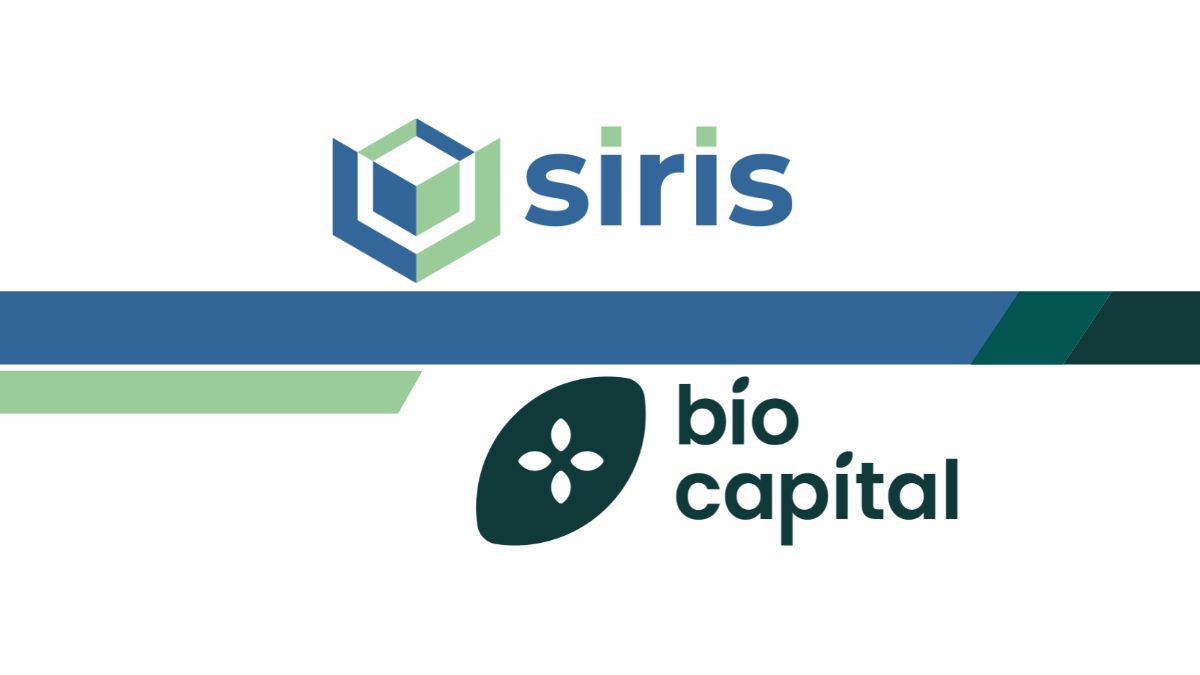
The OSIRIS project took centre stage at the recent BIO-CAPITAL General Assembly held from March 31st – April 2nd 2025, in Prague, Czech Republic, where the OSIRIS WP6 Lead, Assoc. Prof. Dr. Hynek Roubík introduced the OSIRIS project (Open Science to Increase Reproducibility in Science) as a key initiative shaping the future of research integrity across Europe.
With an audience deeply engaged in high-impact, interdisciplinary research, the presentation emphasized the critical role of reproducibility in ensuring that scientific results are trustworthy, high-quality, and ready for real-world application.
Why OSIRIS Matters
“Reproducibility is not just a technical issue, it’s fundamental to regaining trust in science itself“, Dr. Roubík noted during his talk.
While reproducibility (being able to confirm or correct findings) is a cornerstone of scientific credibility, it remains a persistent challenge. Pressures to publish quickly, limited transparency in reporting, and incentive systems that prioritise quantity over quality have left many research findings difficult or impossible to replicate.
OSIRIS, funded under the Horizon Europe programme, directly addresses these issues by seeking concrete, tested solutions to integrate reproducibility into research from the very beginning.
Key Goals of OSIRIS
OSIRIS focuses on four major objectives:
- Understanding the root causes of reproducibility challenges across disciplines and research settings.
- Developing and testing practical interventions to support reproducibility at the institutional and project levels.
- Identifying effective incentives for universities, funders, journals, and other stakeholders to promote and reward reproducible research.
- Embedding reproducibility into research planning, workflows, and evaluation criteria.
The project operates through a unique team combining expertise in Open Science, reproducibility, implementation science, and data sharing, with strong support from a committed Advisory Board representing various sectors.
About the BIO-CAPITAL Project
The BIO-CAPITAL project is a Horizon Europe initiative dedicated to developing sustainable financing models for biodiversity conservation. Coordinated by Assoc. Prof. Dr. Hynek Roubík, the project brings together 17 partners from 13 countries to integrate financial models with Earth observation data, aiming to mobilise investments for protecting and restoring biodiversity by harnessing innovative financial solutions and advanced geospatial analytics.
By utilizing remote sensing technology and innovative financial instruments, BIO-CAPITAL seeks to create opportunities for investors to support biodiversity conservation efforts, thereby aligning economic incentives with environmental sustainability.
BIO-CAPITAL and OSIRIS
The BIO-CAPITAL consortium, like many Horizon Europe projects, thrives on interdisciplinary research, complex data management, and innovative methodologies. Dr. Roubík highlighted how lessons from OSIRIS could directly benefit BIO-CAPITAL, particularly by:
- Encouraging transparent documentation of workflows, methodologies, and data handling.
- Supporting open sharing of protocols and results across Use Cases and Work Packages.
- Building a culture of reproducibility and quality assurance within the consortium’s ongoing work.
This approach resonates with the growing call across Europe and globally to increase the societal impact of science by making it more trustworthy, transparent, and efficient.
Shifting the Research Culture
“We need a culture shift, both from the top down and the bottom up—to make reproducibility an expected and rewarded part of research“, Dr. Roubík concluded.
Through initiatives like OSIRIS, the scientific community can move toward a future where open science practices and reproducibility standards are built into the very fabric of research projects, ultimately creating trust in science through accessibility and transparency.
Explore the BIO-CAPITAL project at: https://bio-capital.eu
Stay tuned for updates on other OSIRIS activities! Visit our website to read our blogs and events section and follow us on social media to discover what’s new and how you can get involved!
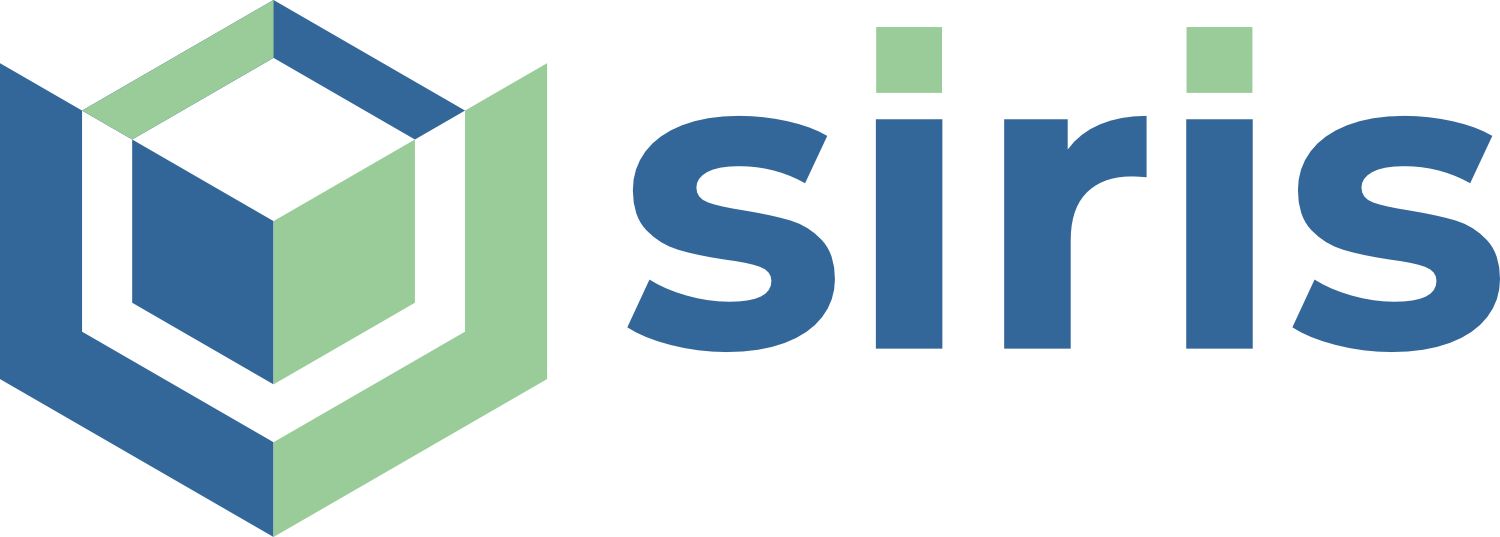
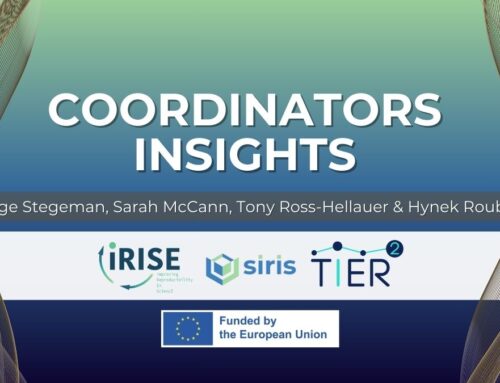
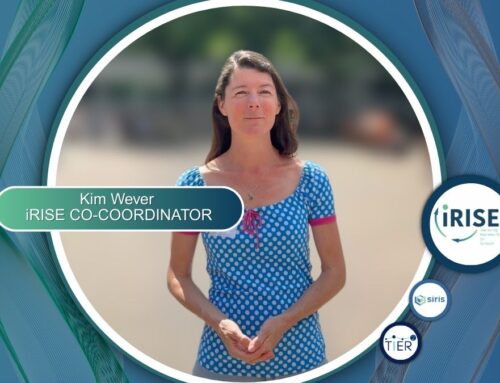
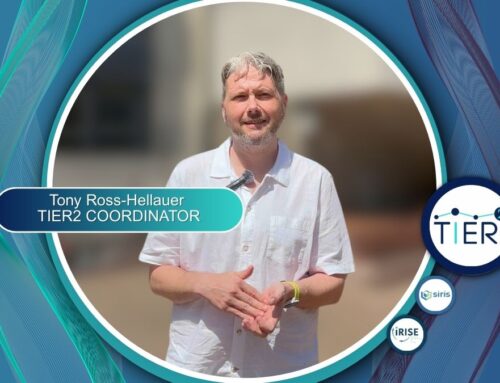
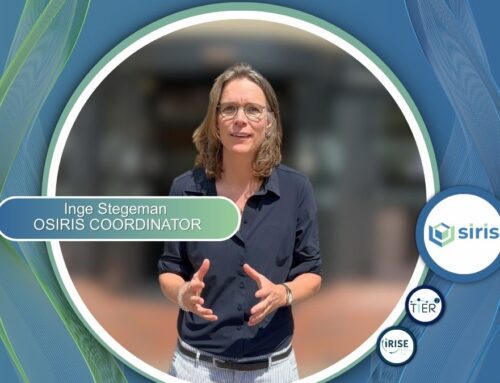
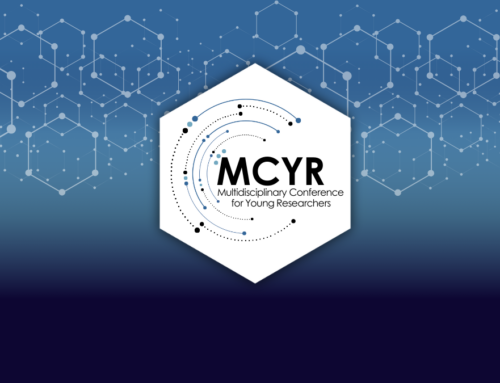



Keep In Touch